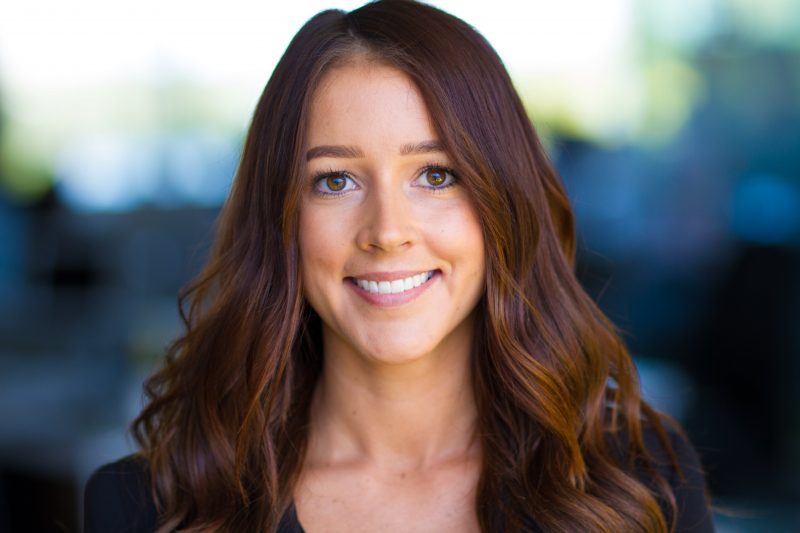When alcohol brands are under the influence(rs)
Alcohol brands came under fire last month when influencers failed to disclose brand partnerships. But, according to Tribe's Sammy Major, there are a few ways to launch an influencer campaign that plays by the rules and benefits brands, influencers and consumers.
Last month, alcohol brands were slammed by VicHealth for “employing tactics straight out of Big Tobacco” by using influencers to promote their products. Many had tagged alcohol brands in posts without clearly disclosing brand partnerships.
But, once again, the poor and irresponsible actions of a few are attempting to tarnish an entire industry. And the rules around alcohol advertising and disclosing sponsored content are, in fact, more stringent than they ever have been.
I’ll be the first to admit that, as an evolving industry, influencer marketing regulations are by no means perfect. But as it continues to grow and evolve, so do the regulations surrounding sponsored content, brand disclosure and the mandatory use of #ad.
The key to getting it right and ensuring your brand doesn’t end up in the headlines for the wrong reasons is, quite simply, education.
As a brand, you have a responsibility to be across your marketing strategies and ensuring you are actively following stipulated guidelines and best practice policies. Influencer marketing is a relatively ‘new’ strategy, but that doesn’t mean advertising guidelines don’t apply.
While not exhaustive, here are three steps to executing a responsible influencer marketing campaign.
1. Be on top of disclosure
An influencer’s audience needs to know when they have been paid, incentivised or compensated for the products they’re promoting – including if a product or service has been given to them for free.
Despite some opinions out there, this is actually the ultimate in authenticity for both brand and influencer. A recent study conducted by Collective Bias shows 67% of consumers have no negative reaction to sponsored influencer content.
The easiest way to declare a commercial relationship between a brand and influencer is with tags such as #ad, #gifted, or #sponsored. At Tribe, #ad is automatically pre-loaded within every sponsored post.
You can take this one step further with Instagram’s paid partnership feature, available to select influencers. Released last year, it’s designed to bring greater transparency and consistency to sponsored content on Instagram. By doing this, you also get to see reach and engagement (likes and comments) of the post in your Facebook page insights.
2. Conduct due diligence
Last year, the Alcohol Beverages Advertising Code Adjudication Panel found a number of Instagram influencer posts had breached the code in targeting adults under 25.
When it comes to alcohol-related content, all Tribe influencers required to prove that they’re over the age of 25, and that at least 70% of their followers are too.
But if you’re engaging with influencers directly, ensure you have your own measures in place to abide by specific regulations.
Take the time to vet influencers, their feeds and prior commercial partnerships they have engaged in to ensure they align with your brand and will enhance your campaign message in an authentic, transparent way.
3. See the content before it goes live
The truth is, whether government bodies like it or not, influencer marketing is here to stay. The latest study by Linqia found that 66% of marketers surveyed ran three or more influencer campaigns last year and 42% now have an always-on strategy.
Rather than fighting the rise of influencer marketing, the safest way for brands and government agencies to make influencers work for them is by utilising the platforms that have been built to protect them.
For the sake of your brand’s safety (and peace of mind), demand to see the content before it goes live. You wouldn’t let a sponsored editorial push go live without final approval and sign off, so why be lax about a sponsored influencer post?
While every new marketing trend has its early adopters and naysayers, influencer marketing has established itself as a legitimate channel.
The reality is there’s never been a better time to engage in influencer marketing – from both a safety and value standpoint. It’s just important to do the due diligence, and align yourself with a responsible agency or platform.
Because influencer marketing campaigns done properly benefit brands, influencers and consumers alike.

Sammy Major is the AU sales director at Tribe





Alcohol advertising in Australia is self-regulated by the alcohol industry and has proven to be a massive failure.
The alcohol companies run ABAC which has no power to penalise advertisers who breach the codes.
Meaning if you breach the code, nothing happens.
User ID not verified.
67% of people surveyed had no negative sentiment toward sponsored content. Wonderful to know. But did they actually buy the product? It seems to be the one question these influencer “studies” can never answer.
User ID not verified.